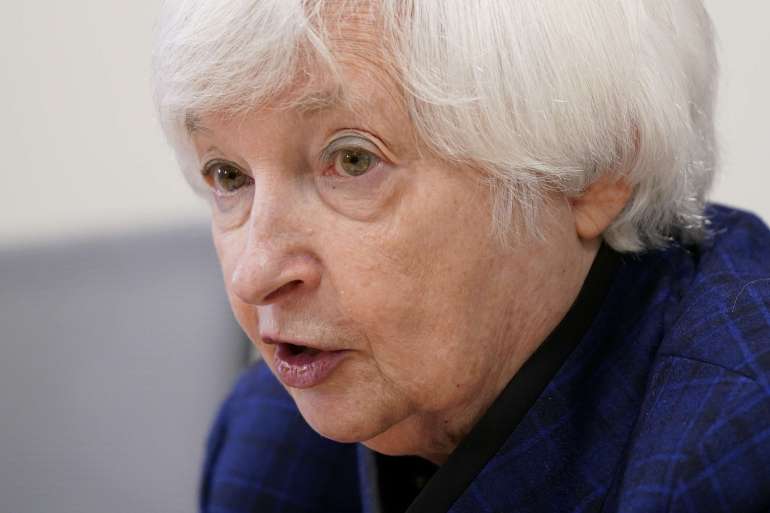Soaring tax revenue, spending plunge spark record drop in budget deficit

But the deficit wasn’t as small as the $1 trillion that White House officials had forecast in August, primarily because of higher spending on education that reflected President Joe Biden’s student debt-forgiveness program, which the Congressional Budget Office has estimated will cost $400 billion.
The Biden administration for months has touted the sharp drop in budget deficits as evidence that the president’s economic policies are strengthening the economy and improving the fiscal outlook, and used it to push back against GOP criticism that the president is piling on government debt.
Deficits as a share of the economy fell to 5.5 percent in the fiscal year that ended Sept. 30, down from 12.3 percent in fiscal 2021 but still higher than in 2019, before the pandemic.
But critics say the administration is taking too much credit for the deficit drop. The Committee for a Responsible Federal Budget attributed the decline entirely to shrinking or expiring spending programs enacted during the pandemic.
Federal spending fell by $550 billion, an 8 percent decline from the previous fiscal year, driven by lower spending by the Small Business Administration, the Labor Department and the Department of Housing and Urban Development. That’s a record decrease, and the first decline since 2013, when government spending fell by $84 billion, Treasury officials said.
Tax receipts jumped by a whopping $850 billion to $4.9 trillion, a 21 percent increase from last year. Taxes withheld from people’s paychecks climbed 14 percent, thanks to increasing wages and employment.
Non-withheld receipts rose 37 percent, reflecting in part last year’s run-up in the stock market. Corporate receipts climbed 14 percent, the agency said.
Brian Faler contributed to this report.